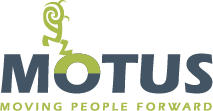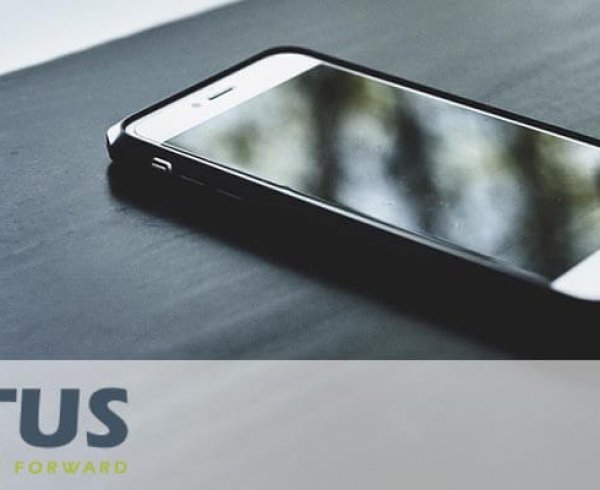Your palms are sweaty, your mind is racing, you can hear the pitter-patter of your foot shaking, and you find yourself wondering, “Am I being obvious? Can they tell I’m nervous?” In short, yes, all of these are quick signs to your interviewer that you are anxious! Don’t worry, this happens to everyone at one point or another when interviewing for their dream job. The key to overcoming nervous tics is identifying them and preparing for them—they are avoidable! Here are five tics that will indicate to your interviewer that you are nervous, and how to avoid them!
1. Fidgeting
Whether it’s playing with your hair or shaking your leg, this can be one of the first signs to an interviewer that you are nervous! This nervous habit is particularly common, and may seem difficult to keep in check, but an easy solution is to keep your hands clasped in your lap or on the table. This will occupy your hands while also helping you to appear attentive and engaged in the conversation.
2. Posture/Body Language
It’s true that even the way you sit or stand can reveal your uneasiness! Sometimes it’s as little as leaning forward too far, which can come across aggressive, or there’s the opposite problem of leaning too far back, which can seem like you’re too relaxed. Posture can be everything, and a little tweaking can go a long way. Be sure to sit up straight and appear attentive. The goal is to be confident throughout the interview, and sitting up will help coax your mind in that direction!
3. Getting off track/Rambling
Have you ever been asked a question and then halfway through your answer you realize you’ve gone off course? Or sometimes, you find yourself veering off topic, which can lead to saying too much? Don’t worry, we’ve all been there. This is a clear indication of nerves. One of the best ways to combat this is to take a deep breath, get your bearings, and circle back around your original thought. Genuinely stopping and asking your interviewer to repeat the question is ok, and it can give you some time reset and tackle the question!
4. Not making eye contact
In a similar category as posture and body language, not making enough eye contact could be detrimental in showing your nerves. Making good eye contact in an interview shows your interviewer that you are interested and engaged. Try to remember that your interviewer is a human too! They have been in your shoes before and they know that it can be intimidating. Meet them eye to eye, and make a human connection.
5. The Um’s!
The interviewer just asked you a hard-hitting question and your mind is racing to answer as professionally as possible and then you say “um….” It’s not the most eloquent way to answer a question but it happens. This is where preparation, preparation, preparation comes into play. Everyone says it but it’s true! Being prepared for an interview is going to be your most valuable asset in overcoming nerves. Think about the kinds of questions you might be asked, come up with talking point and comfortable answers as a guideline, and then adjust along the way. “Um’s” typically plague those who are caught off guard by the question and then allow their nerves to fluster them. The more you prepare before an interview you are, the more confident you will be in answering any questions thrown to you. And if all else fails, take a page from #3- Getting off track/rambling: Take a moment before answering so you have a chance to gather your thoughts and then dazzle them!
It is easier said than done to hide your nerves when you are going into an interview. The task of coming across as confident and competent may feel daunting! But if you prepare yourself beforehand, go into every interview by taking a breath, and know the kinds of nervous habits to steer clear of, you will blow them out of the water!










